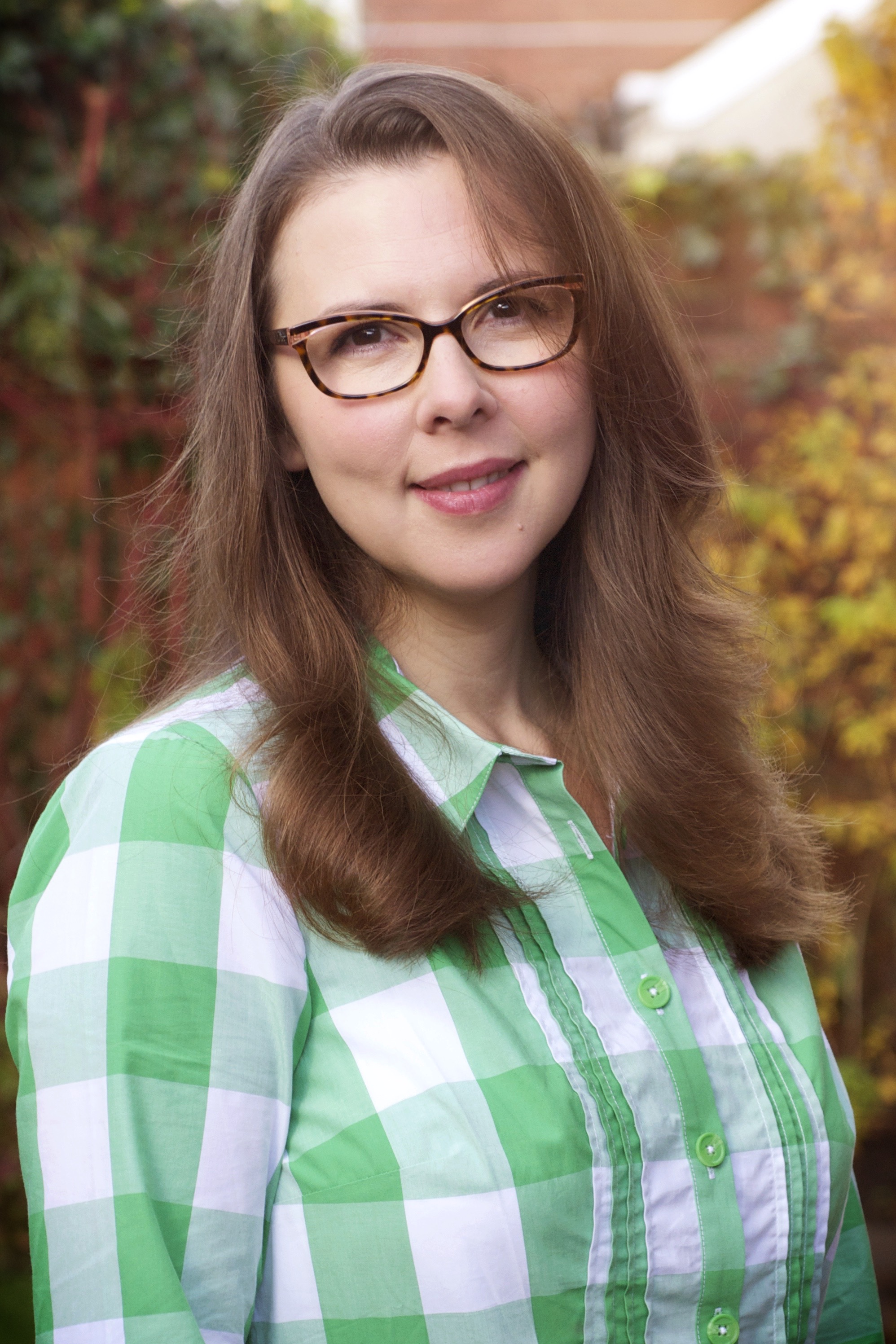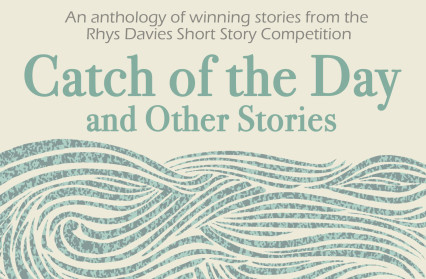Catch of the Day and Other Stories – Accent, £7.99
Catch of the Day and Other Stories is the collected winning entries from this years Rhys Davies Prize. The supporting stories come from some distinguished writers. Previous winner Penny Simpson for example whose second-placed story of the hard and tragic life of Elsie, a homeless tattooed lady, ‘Looking For Harlequin’, is startlingly good; inventive, original, moving, sympathetic and textured. Judith Brown’s ‘The White Feather’ thoughtfully and elegantly interweaves the demands and obligations of both private and public morality and tension between love, conviction and convention whilst ‘Fontanelle’ by David Greenslade shines with brutal, hard clarity. None of the stories are bad. Most of them are very good which underlines quite how good Sarah Reynolds’ winning entry is.
‘Catch of the Day’ is a beautifully balanced, vivid and unique piece of writing. The innovative story concerns the transformation of an elderly man into a mermaid and is just as striking as it sounds. Even if there were nothing else to recommend this collection, ‘Catch of the Day’ alone is reason enough to buy and read this slim, attractive, understated little book. It is as moving and intense as any short story I’ve read. Reynolds’ style exhibits flair, insight and tenderness and when she mixes these with her sharp observations and authenticity of voice a writing which is deep and elemental emerges. I caught up with Sarah Reynolds for a coffee at Taliesin theatre, Swansea University:
 First things, as they so rightly say, first: Sarah, congratulations on winning the Rhys Davies prize! I must say it is a beautifully written piece of work; a worthy winner. What inspired the story, ‘Catch of the Day’?
First things, as they so rightly say, first: Sarah, congratulations on winning the Rhys Davies prize! I must say it is a beautifully written piece of work; a worthy winner. What inspired the story, ‘Catch of the Day’?
It was actually thinking about a novel I wanted to write. I had a strong image in my mind:
working on the train there are some beautiful views of Kidwelly, Buryport, round the bay in Llanstefan, the landscape there is so beautiful and has its own mystery, especially early in the morning. That scenery seeped in and I found this vision of this old couple living by the beach coming to the end of their life together. I knew I wanted to explore magic realism and this image of an old man returning to the sea as a Mermaid. It’s a story about transformations really; transformations that you make in order to be with somebody, in order to make that relationship work, those willing sacrifices.
Do you prefer short stories to long fiction?
Not really I love the novel. I got into short stories when I had my first child, you have no time and brevity is at the heart of the short story. I think that’s one of the reasons the short story has become more popular. Think of social media, people are limiting their amount of words. Often there is more punch in the carefully selected words of a short story.
Do you write short stories more than any form?
Yes I suppose so. There’s were my imagination goes for pleasure.
Which writers do you admire and who have influenced you?
Short story writers: Claire Keegan, Carys Davies – her short story ‘The Redemption of Galen Pike’ is just fantastic. Angela Carter’s The Bloody Chamber is a masterpiece. I discovered J.D. Salinger not through The Catcher in the Rye but For Esmé – with Love and Squalor. I love those stories
As for novelists, Austen, George Elliott, Tolstoy obviously! Angela Carter of course, Toni Morrison, Anne Enright, Donna Tartt, Deborah Kay Davies, Nikki Gemmell – she wrote The Bride Stripped Bare. The woman writes sex better than anyone I’ve ever read. Looking at these names, I clearly have a bias towards female writers
Had you always wanted to write?
I have always written since I was a little girl. I think of my several careers like ex-boyfriends, writing was my first love. I tried acting, T.V. But the first love was the right love. I always wrote short stories but I never showed anyone.
You have written a novel in Welsh, I understand?
Yes, my first novel is coming out in the spring (Gomer Press.) It’s a Welsh language novel for Welsh learners and those not so confident in Welsh reading. I would like to write more in Welsh in the future but my Welsh would need to improve.
Do you consider yourself a Welsh writer?
I wouldn’t I think of myself as a Welsh writer but a writer inspired by Wales. It is more than just my location, living in Wales is my choice, in a way that living in Surrey where I was born was just incidental. I feel more at home here than I ever did in Surrey. England and Wales are culturally different yet geographically close. My husband speaks Welsh, I didn’t when we met I wanted to explore the culture and the language and this underlined how different the cultures are. Perthyn roughly translates as belonging, I don’t feel that in the same way as I feel my neighbours and indigenous Welsh feel that. I could live anywhere but my husband has a powerful sense of belonging. I’ve been lucky though in that I have had arms thrown around me; the Welsh community has been very welcoming.
What elements of writing interest you the most, which do you enjoy and which do you find difficult?
Character fascinates me most. Descriptions of scenery or weather are what I find most difficult.
I think that is one of your strengths!
Maybe that’s because I work at them!
Perspiration or inspiration?
If the inspiration you have is a weak idea it doesn’t matter how much you work at it. I wanted to rewrite the Rape of Lucrece; I think nowadays a lot of young men don’t understand what consent is. I wrote it in a dirty vernacular and it just didn’t work. The idea came form my brain rather than the aether. Those ideas, from the aether, are the ones which fly. If you try to over think or over techincalise an idea it ends up lifeless. Having said that I sat down from 9 ’till 2 the other day. I’m a slow writer; I wrote nine words in four hours the other day. ‘Catch of the Day’ was written over a couples of weeks, three hours a day. A lot of that is rewriting cutting shuffling around, it’s not just writing but thinking.
What use do you think writing is?
I think writing is really important mainly for teaching empathy, all art is but reading and writing more than the other arts. It is so crucial in trying to understand how and what people think. Empathy is crucial in being human. Society is better for it. When you speak to people who don’t read anything I think “how do you make sense of the world?” The best way of understanding somebody is to imagine how they experience the world and writing is the manifestation of imagination.
Why do you write?
I write for myself. I want people to read it and I want people to like it but I write because I feel like I need to; I have to write the same way as some people really need to run or walk or… I would like people to find something in it but if they don’t it’s okay. If everyone I ever met said they hated my writing It wouldn’t stop me writing.












